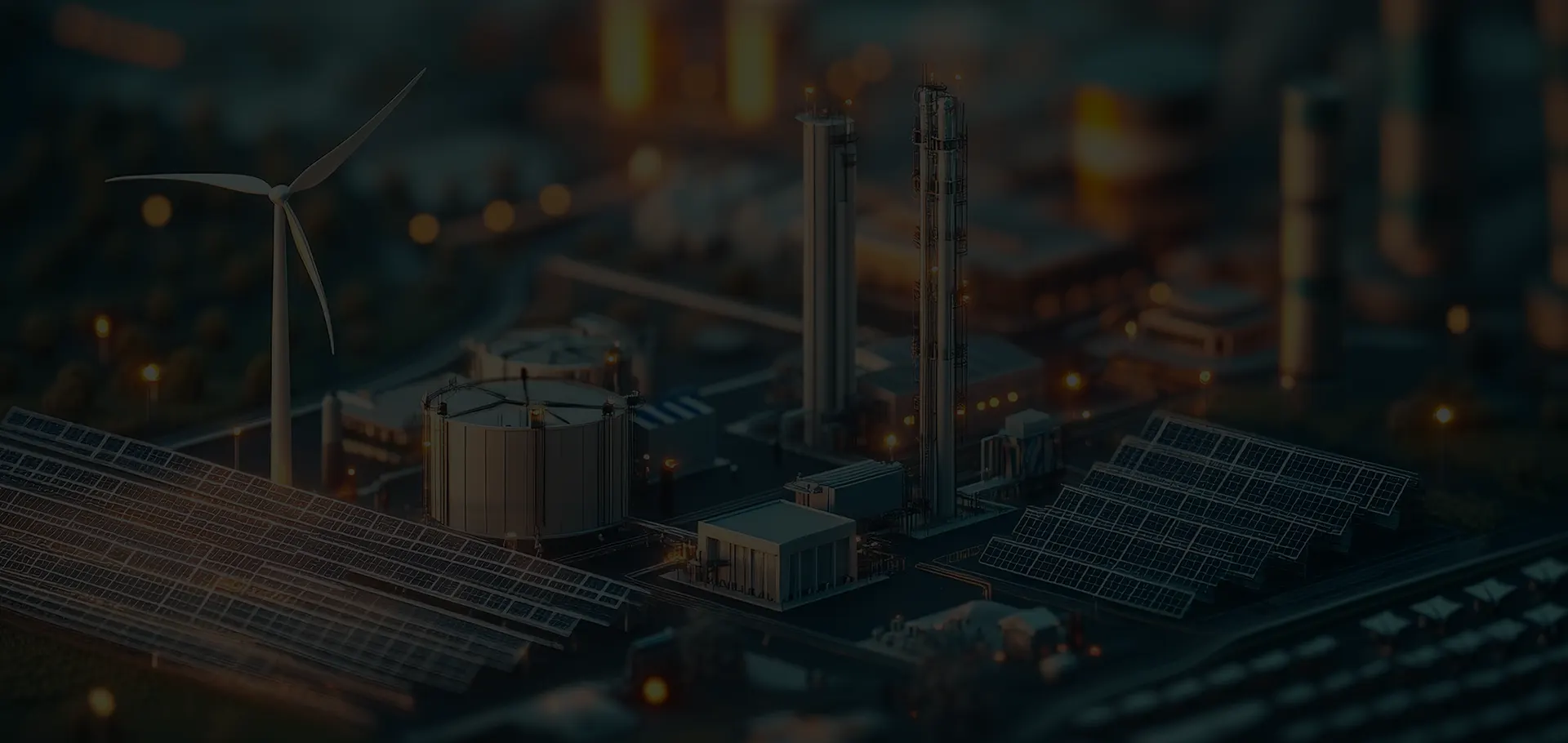The basics of electricity: essential concepts
Explore the fundamental principles of green electricity, including renewable sources, energy efficiency and sustainability, which are transforming the way we produce and consume energy for a greener future.
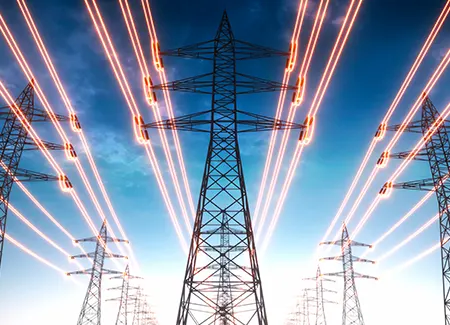
Types of electricity
Discover the different forms of electricity, such as alternating, direct and renewable.

Measuring electricity consumption
Learn how to assess your electricity consumption using simple tools and methods.
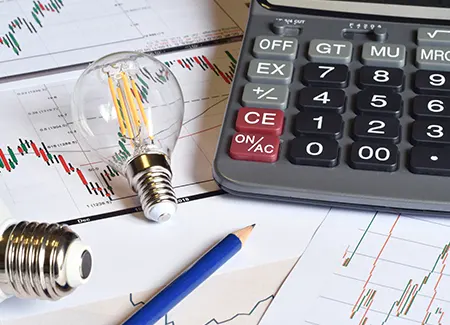
Electricity production costs
Examine the factors influencing production costs, including sources and technologies.

Sustainable energy
Sustainable energies are energy sources that renew themselves naturally and have a low environmental impact. They include solar, wind, hydro and geothermal energy, helping to reduce carbon emissions and combat climate change.

Solar and wind technologies
Solar and wind technologies convert sunlight and wind into electricity. Photovoltaic panels capture solar energy, while wind turbines harness the power of the wind. Together, they offer efficient, renewable solutions.

Green energy
Green energy refers to renewable energy sources that minimise environmental impact. They include solar, wind, hydro and biomass energy. These alternatives support the transition to a low-carbon economy.
Energy efficiency strategies for a sustainable future
Explore innovative, high-performance energy solutions to support sustainable development and make it a reality. These integrated approaches aim to reduce carbon footprints and ensure a reliable and affordable energy supply.
01.
Improving insulation
Improving insulation helps minimise heat loss for energy comfort.
02.
Efficient appliances
Efficient appliances reduce energy consumption while maintaining a high level of performance.
03.
Installation of heating and cooling systems
Modern heating and cooling systems ensure a pleasant and economical indoor climate.

04.
LED lighting
LED lighting consumes less energy and has a longer lifespan, making it a long-lasting solution.
05.
Optimising energy management systems
Improving energy management systems optimises consumption and increases overall efficiency.
06.
Promoting renewable energy
Encouraging the use of renewable energy helps to reduce carbon emissions and protect the planet.
How do you choose the most advantageous energy contract for your company?
Choosing the most advantageous energy contract for a company requires an in-depth analysis of specific needs. It’s essential to compare offers, taking into account the price per kWh, subscription charges and cancellation procedures.
Fixed-price contracts offer stability, while indexed-price contracts can vary according to the market. Evaluating the quality of customer service and the possibility of opting for renewable energies remains a must. Visit suppliers online to discover the most advantageous contracts for different types of business.
Factors influencing electricity prices
The continuing rise in electricity tariffs is due to a variety of factors. The post-Covid-19 economic recovery, rising market prices and geopolitical tensions influence this trend. In addition, the availability of stocks, transport costs and taxes and contributions also have an impact on prices and customer budgets.
Understanding the different types of gas for your consumption
Explore the different types of gas available to optimise energy consumption. Understanding their characteristics and applications enables you to make informed decisions, promoting both efficiency and sustainability.
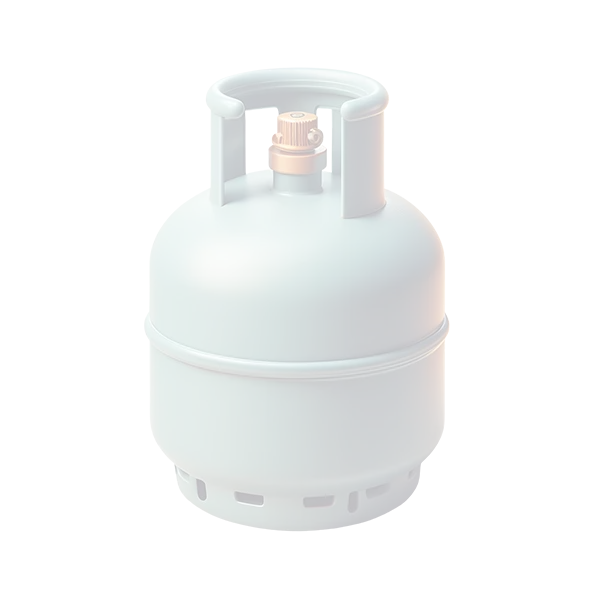
Natural gas
Natural gas is a source of fossil energy that is less polluting than coal, and is used for heating, electricity generation and as a fuel.
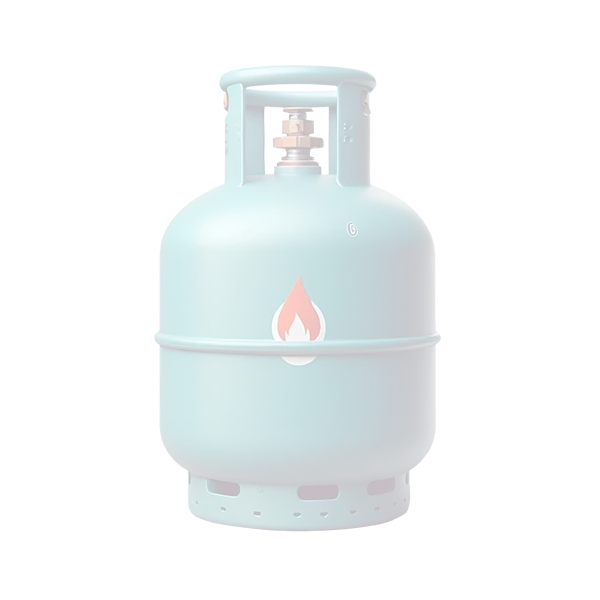
Propane
Propane is a light hydrocarbon, often used for heating and cooking. It is easy to transport and is an alternative to fossil fuels.
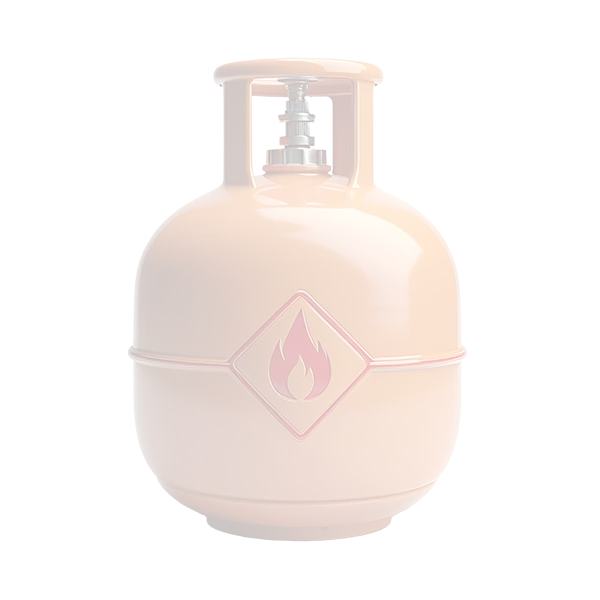
Butane
Butane, a gas in its normal state, is used in lighters and portable stoves. It is also used as a raw material in the chemical industry.
